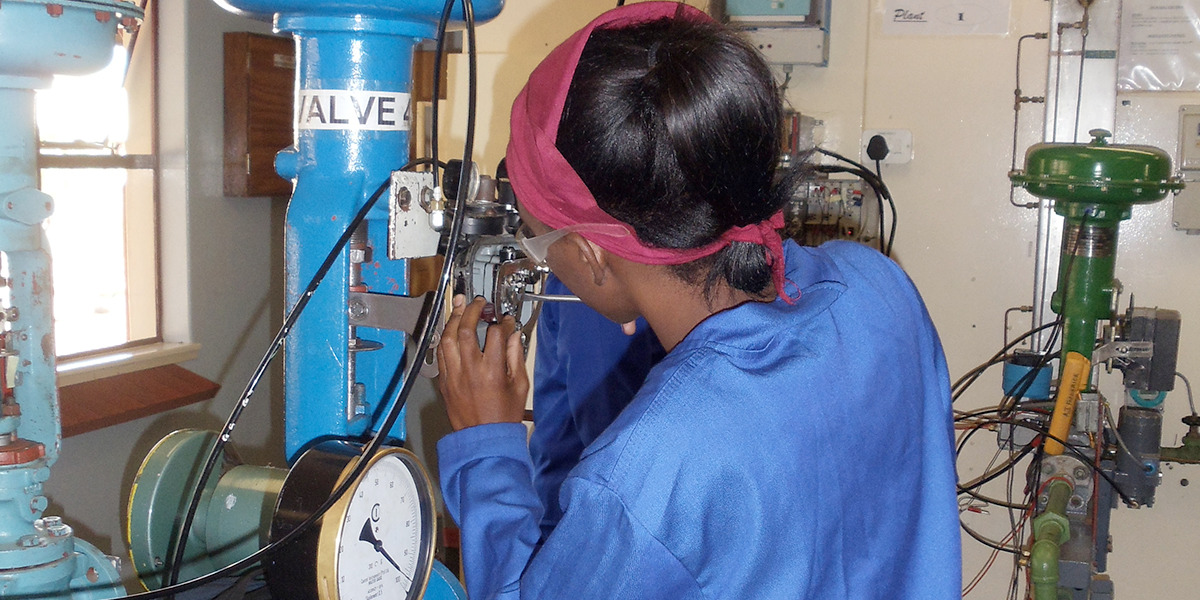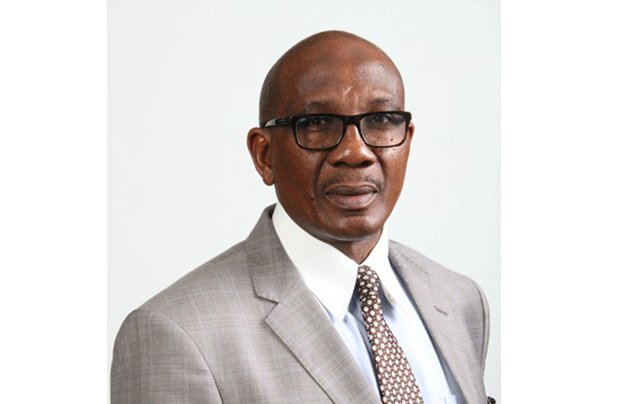China’s ambassador to Namibia Zhao Weiping says Namibia urgently needs a skilled workforce to realise its ambitions in oil, gas and green hydrogen development.
Zhao was speaking at the China-Namibia training cooperation reception in Windhoek on Thursday.
“We should all work even harder to further expand China-Namibia training cooperation. Namibia is in great need of a skilled workforce in various fields, as the ‘Land of the Brave’ is determined to push forward its industrialisation and agricultural modernisation programme, as well as major projects in oil and gas, and green hydrogen development,” said Zhao.
He highlighted how China’s expertise in technical and vocational education can play a pivotal role in addressing these needs.
“Our two sides are discussing the signing of an [agreement] on cooperation in the field of technical and vocational education training. I hope we can conclude discussions and sign the [agreement] at an early date,” he added.
Zhao announced plans to expand bilateral training programmes, with a focus on hosting more programmes in Namibia.
This aims to ensure broader participation and enable more Namibians to benefit from the partnership.
“China will implement with Africa more solidly the Future of Africa-Vocational Education Cooperation Plan, establish together an engineering technology academy, and build 10 Luban workshops. We will provide 60 000 training opportunities to Africa, mainly for women and youths,” he said.
Meanwhile, Rudolf Matengu, the principal of Augustineum Secondary School in Windhoek, said the Namibian education curriculum should separate religious from moral education.
Matengu was part of a group of school principals who travelled to China on a shared training course last month.
“Regarding religious and moral education, we observed that in China, they focus more on moral education than religion. In Namibia, we currently have religious and moral education as a non-promotional subject. However, if we separate these two, we could develop better citizens,” he said.
While in China, he learnt that Chinese education focuses more on moral than religious values, he noted.
“I think it’s something we need to start instilling early, rather than trying to correct pupils when they are already in high school, which is far too late. For example, we mentioned that we learned about the history of China, its education system, and the subjects they prioritise, such as agriculture, which is incredibly important.
“In Namibia, we often say that the country can achieve food security, but when will we actually get there? We keep saying ‘can be’ without taking the necessary steps. It’s time to take agriculture seriously. I believe every school should offer agriculture as a subject to instil this knowledge in our young people from an early age,” added Matengu.
Stay informed with The Namibian – your source for credible journalism. Get in-depth reporting and opinions for
only N$85 a month. Invest in journalism, invest in democracy –
Subscribe Now!










